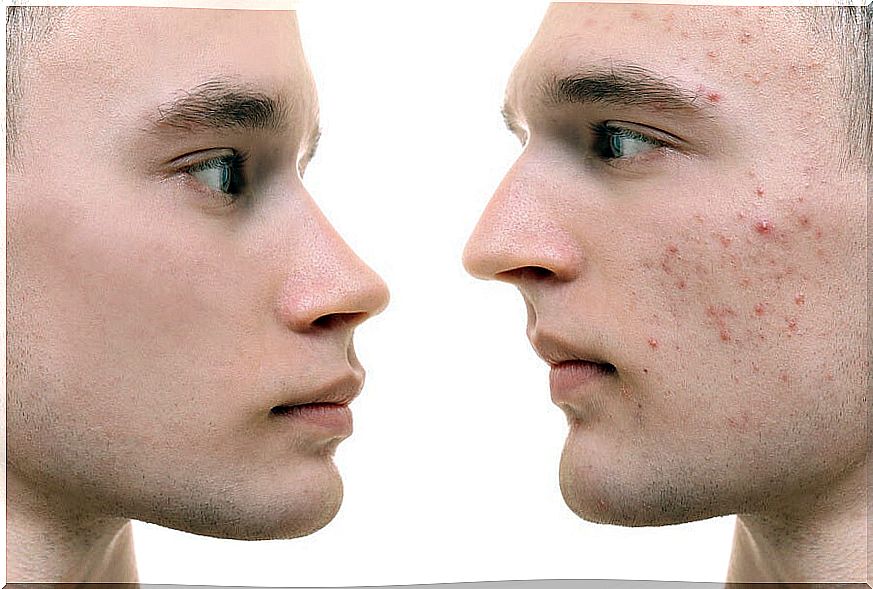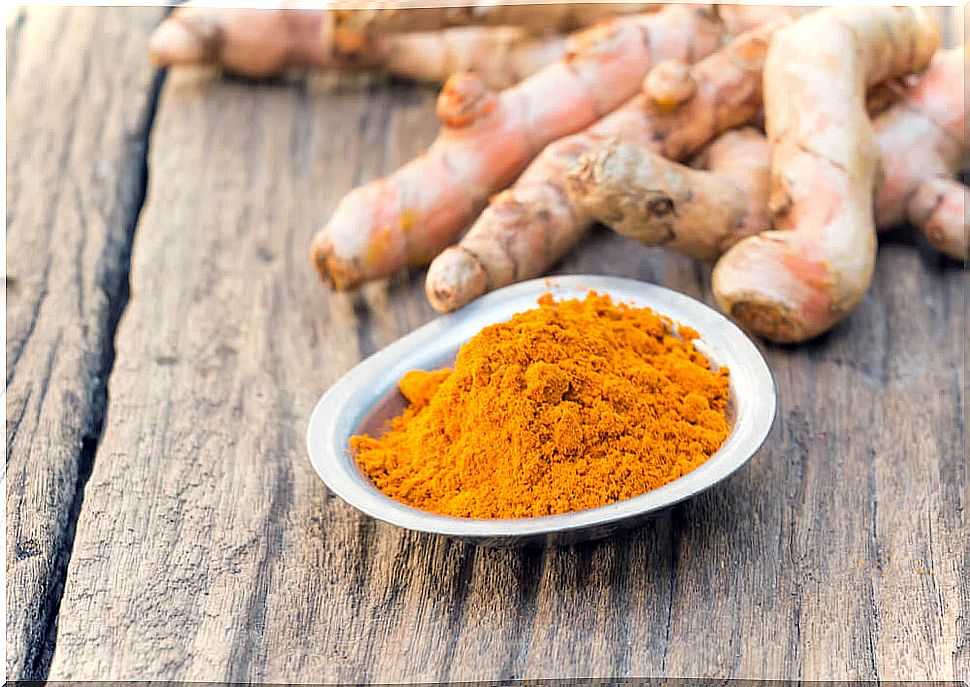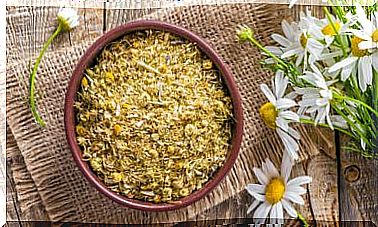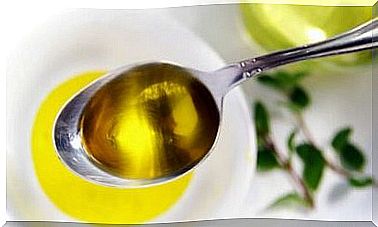Turmeric For Acne: Benefits And How To Use
A turmeric mask can help reduce acne pimples. However, the ingredient should be used with caution, as in certain cases it can cause allergies.

Did you know that you can use turmeric for acne? According to Ayurveda and alternative medicine, it is not only possible, but also recommended because this spice has several medicinal properties that can contribute to the health of the skin.
Turmeric has a bioactive compound called curcumin , which in addition to giving it its characteristic yellowish color, is mainly responsible for most of its healing properties. To be more precise, thanks to curcumin, turmeric has an anti-inflammatory and antioxidant effect, which is advantageous when it comes to fighting acne.
Although scientific research has been able to show this effect, the truth is that there is still much to know about the properties of turmeric. However, everything seems to indicate that this spice could be a good ally in dermatology.
Why use turmeric for acne?

The benefits of using turmeric for acne are varied and interesting. First, it is worth highlighting its antibacterial action capable of combating microorganisms such as P. acnes when combined with lauric acid. Its effect is compared to that of drugs such as erythromycin and clindamycin.
On the other hand, this spice has anti-inflammatory effects that indicate positively on dermatological problems. While more scientific evidence is required to prove its action against acne, anecdotal evidence suggests that it is effective.
Turmeric and its antioxidants also have other important effects when it comes to treating acne. Its topical application helps to repair tissues, minimizing the presence of scars. It also stimulates the production of collagen and reduces the risk of premature wrinkles.
Other benefits of turmeric for the skin
Unlike other conventional treatments, using turmeric for acne produces other important effects on the health of the skin. Thanks to its content of curcumin, vitamins and minerals, it is a good supplement to promote skin well-being.
- Helps to treat scabies.
- Promotes wound healing.
- Helps to increase the natural glow of the skin.
- It is a good supplement to deal with psoriasis outbreaks.
- Minimizes oxidative stress and prevents premature aging.
Turmeric treatment for acne
To take full advantage of the properties of turmeric for acne, we propose a treatment in which we enhance its effect with the components of coconut oil. This natural ingredient contains lauric acid, recognized for its antimicrobial effect useful in treating acne.
Additionally, coconut oil has been extensively studied in dermatology as it hydrates the skin and supports the treatment of conditions such as psoriasis and eczema. Even, like turmeric, it supports the healing and regeneration process, minimizing the negative action of free radicals.
Ingredients
- 1 tablespoon of turmeric powder (15 g)
- 2 tablespoons of organic coconut oil (30 g)
- 1 tablespoon of honey (15 g)
Preparation
- First, pour the turmeric powder into a clean container.
- Next, add the coconut oil and honey.
- Stir for a few minutes until you get a homogeneous mixture.
Application mode
- Before spreading the mask on the areas affected by acne, it is important to remove any residue of makeup or dirt.
- Once the face is clean, the product is applied.
- Make sure to cover problem areas completely.
- Let it act for 15 minutes and rinse with warm water.
- Repeat its application at least 3 times a week.
Note: anti-acne results are not immediately noticeable. It is important to be consistent with the remedy to achieve the desired effects.
Cautions
Although turmeric treatment for acne can be effective, it should not be ignored that it can cause side effects. When applied topically, it can temporarily stain the skin or leave a slight yellow residue. It usually goes away with a good cleaning routine.
However, sometimes the components cause allergies or contact dermatitis. A review done in 2015 found that curcumin is an allergen and can cause irritation, redness and swelling in those who cannot tolerate it.
Therefore, it is best to do a little test before trying the entire turmeric treatment for acne. You just have to put some turmeric on the forearm or one of the skin areas. If after 24 hours there are no unfavorable reactions, it is safe to use.
Turmeric can be a good ally for acne, especially when combined with coconut oil. Its use should be done with caution, since in certain people it can cause allergies. For the rest, it turns out to be a good option to support other conventional treatments for the same purpose.









